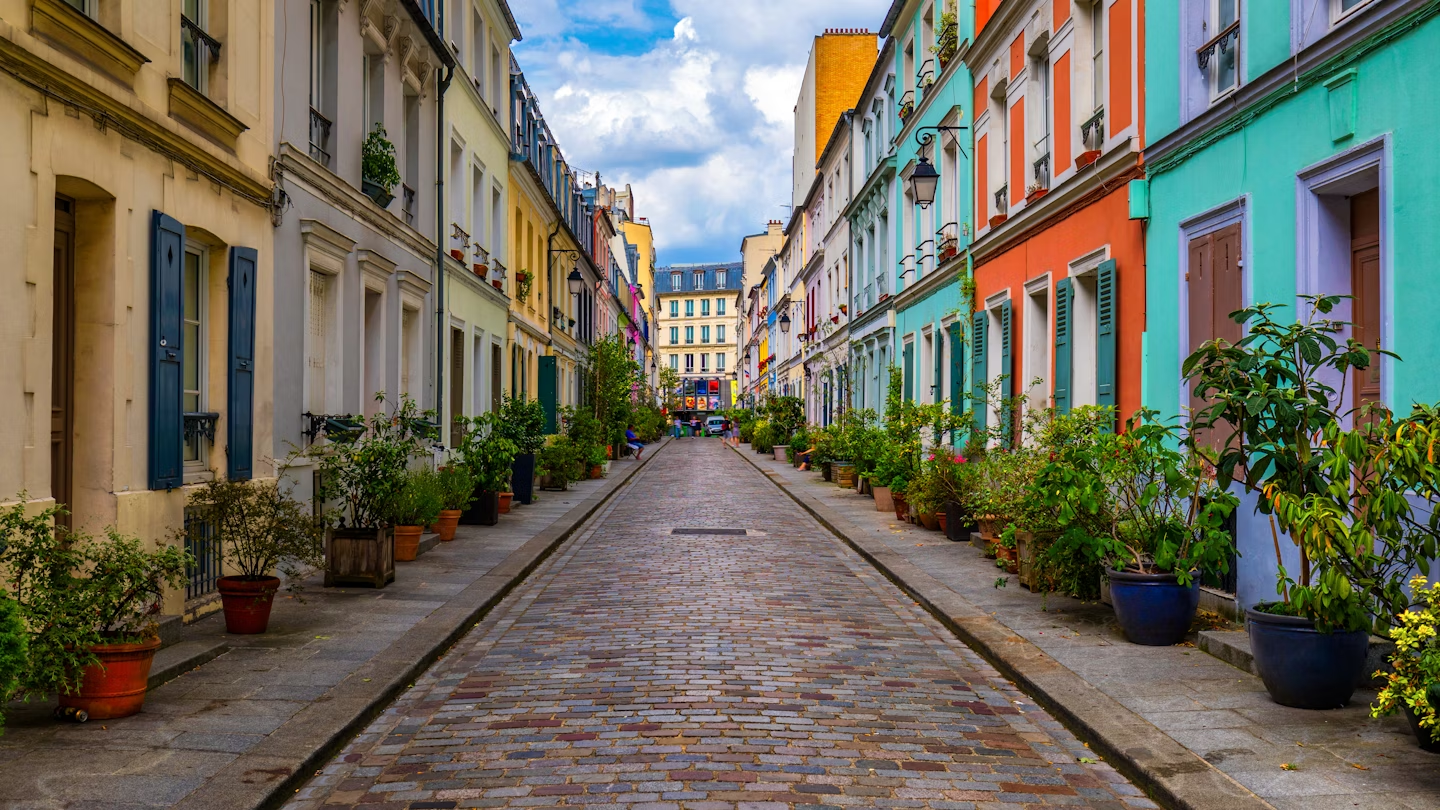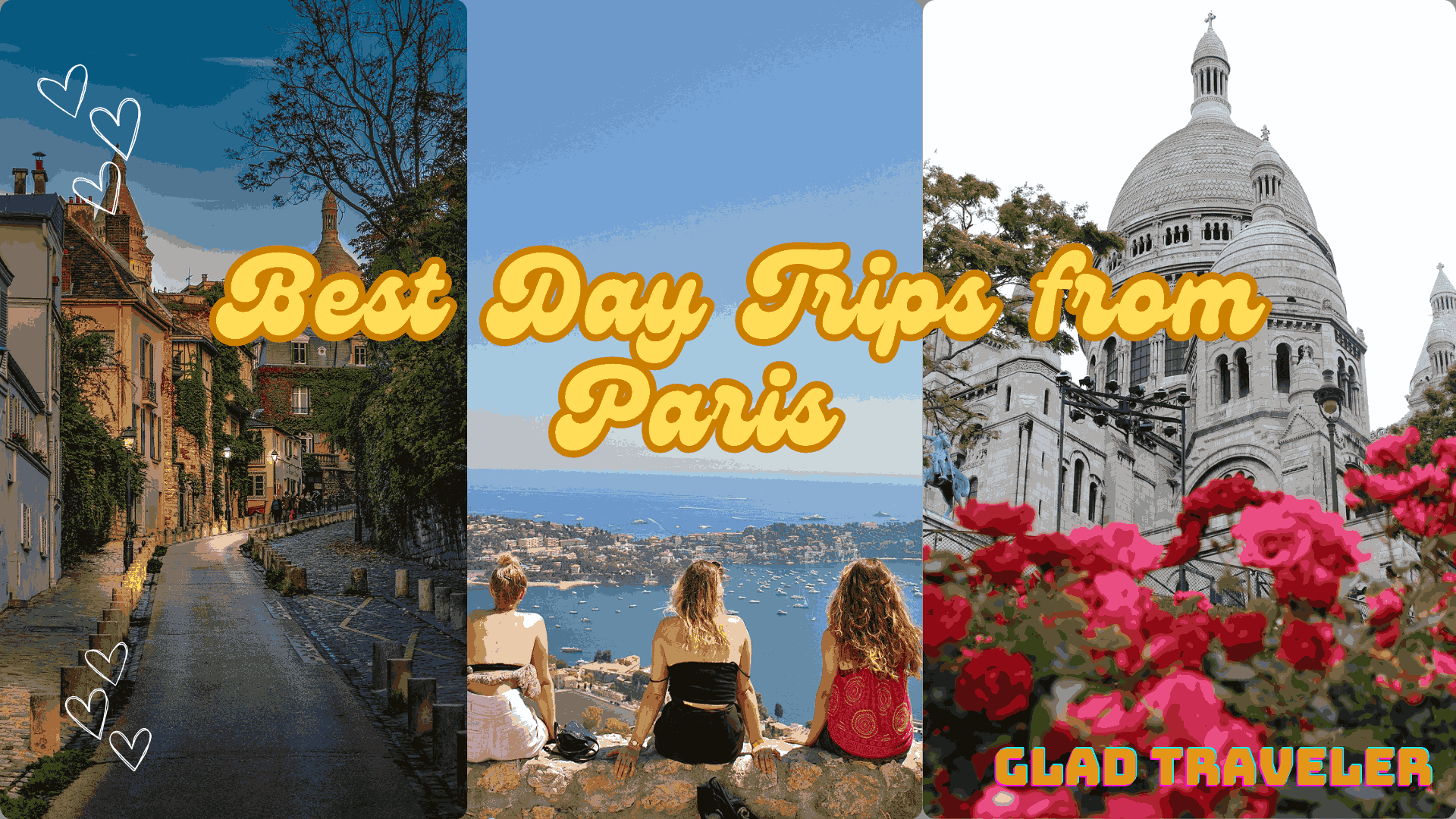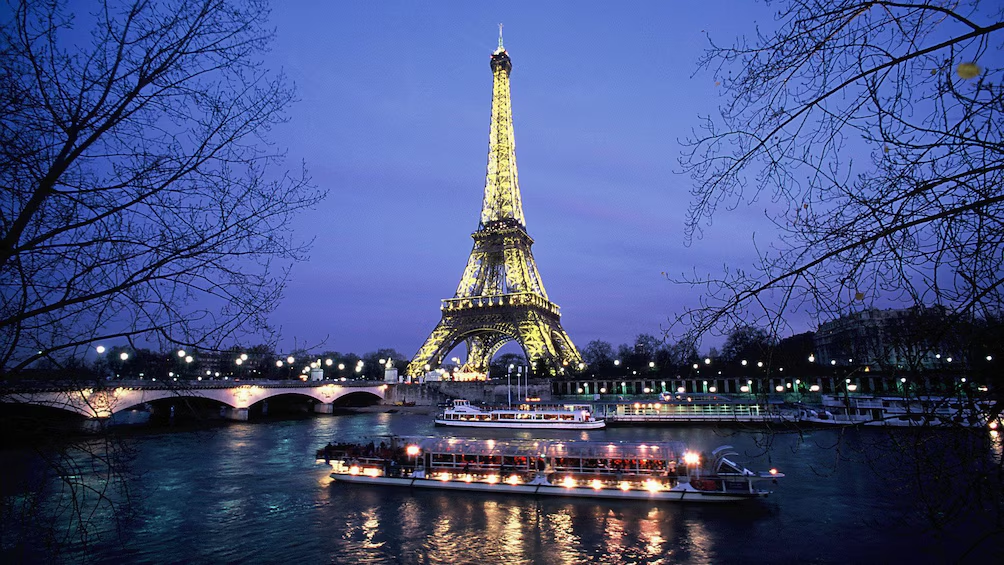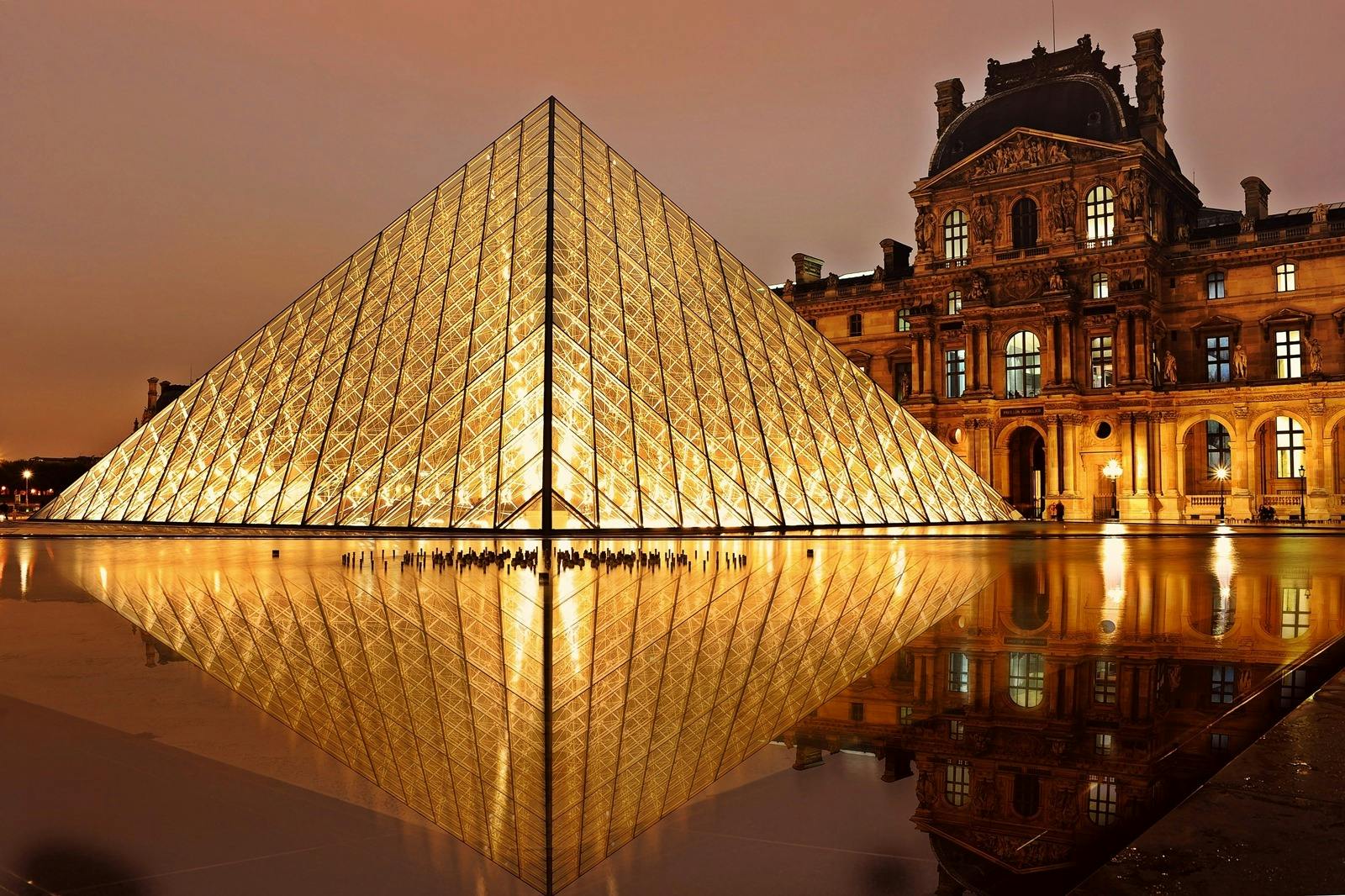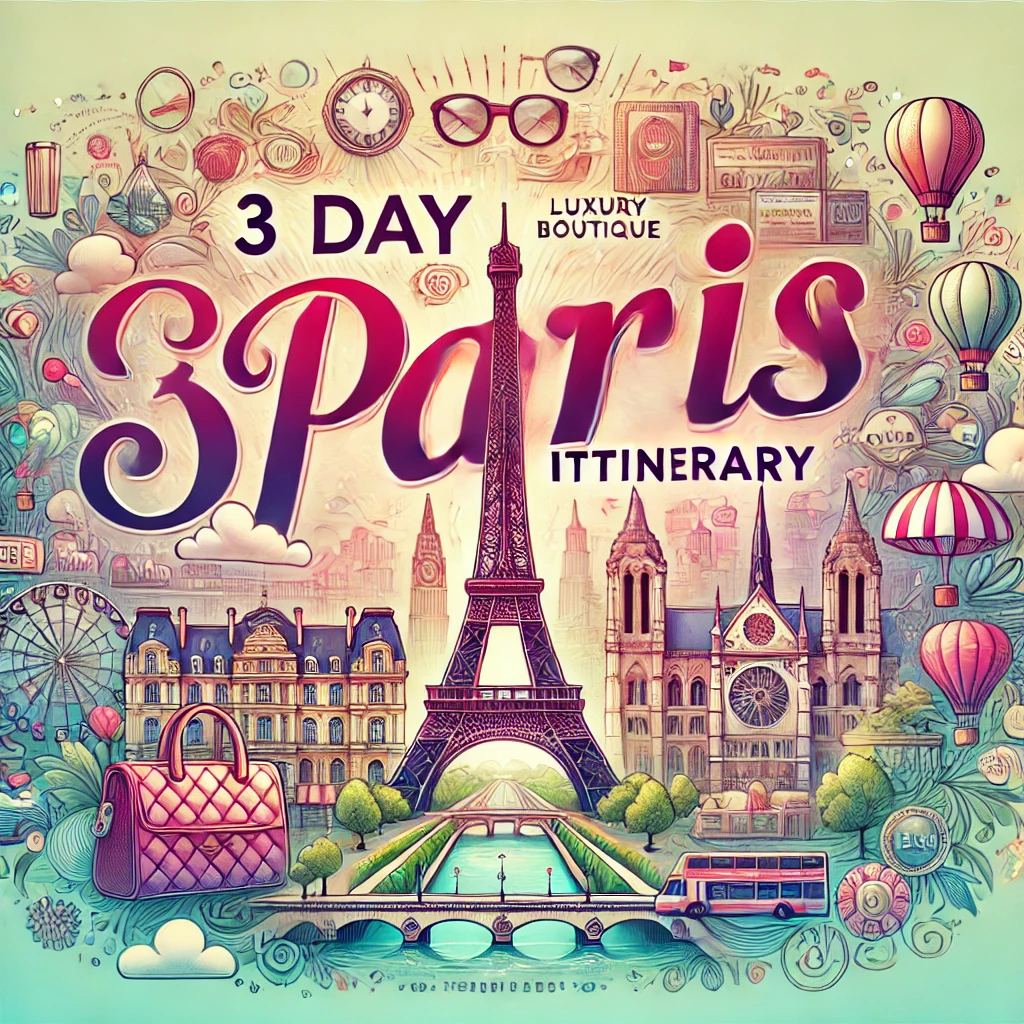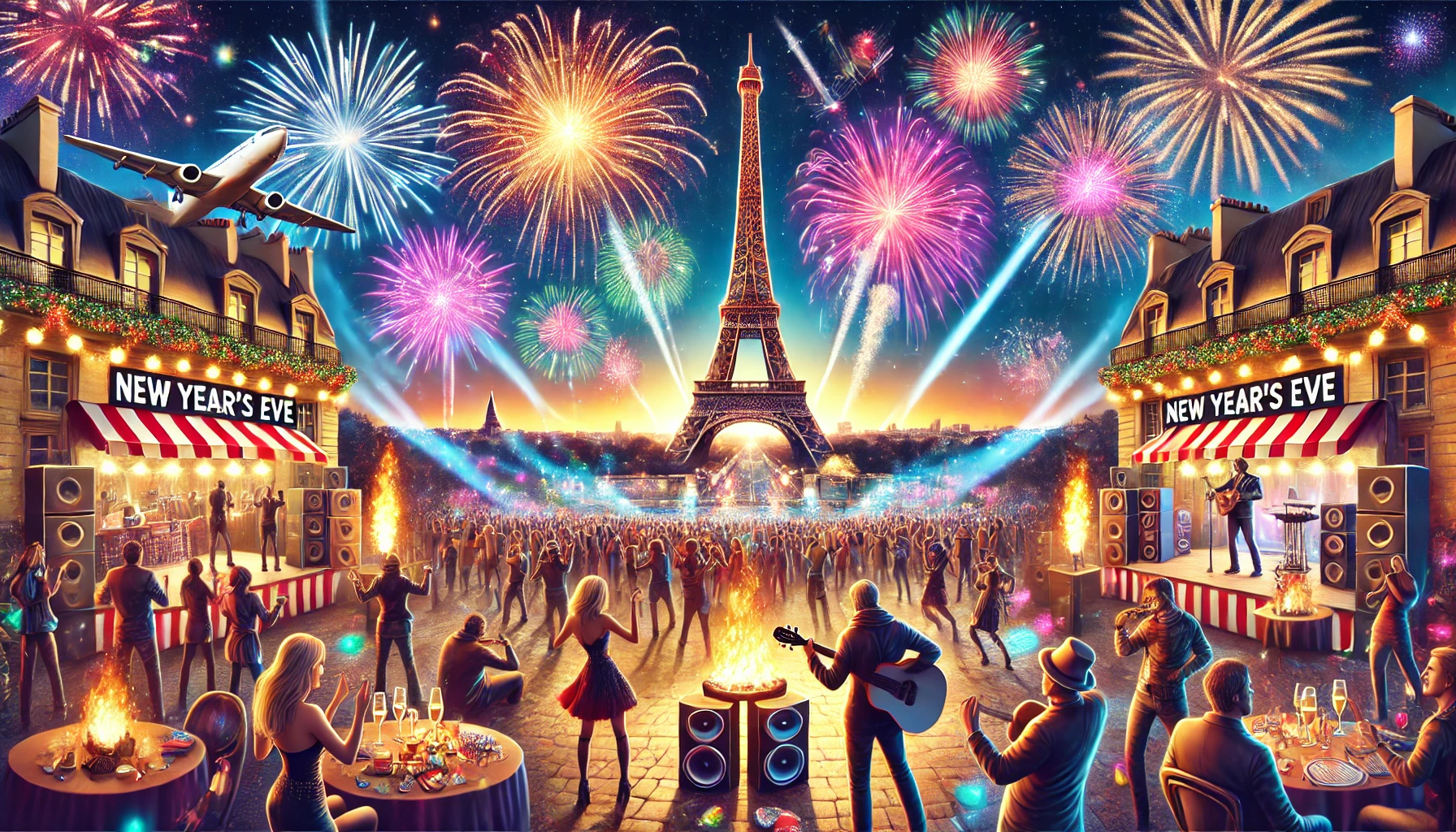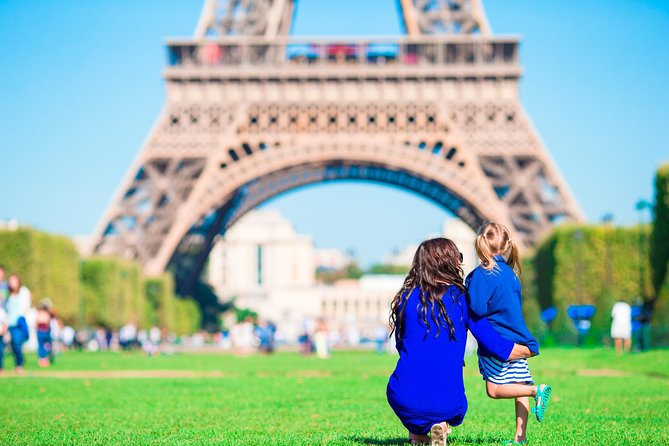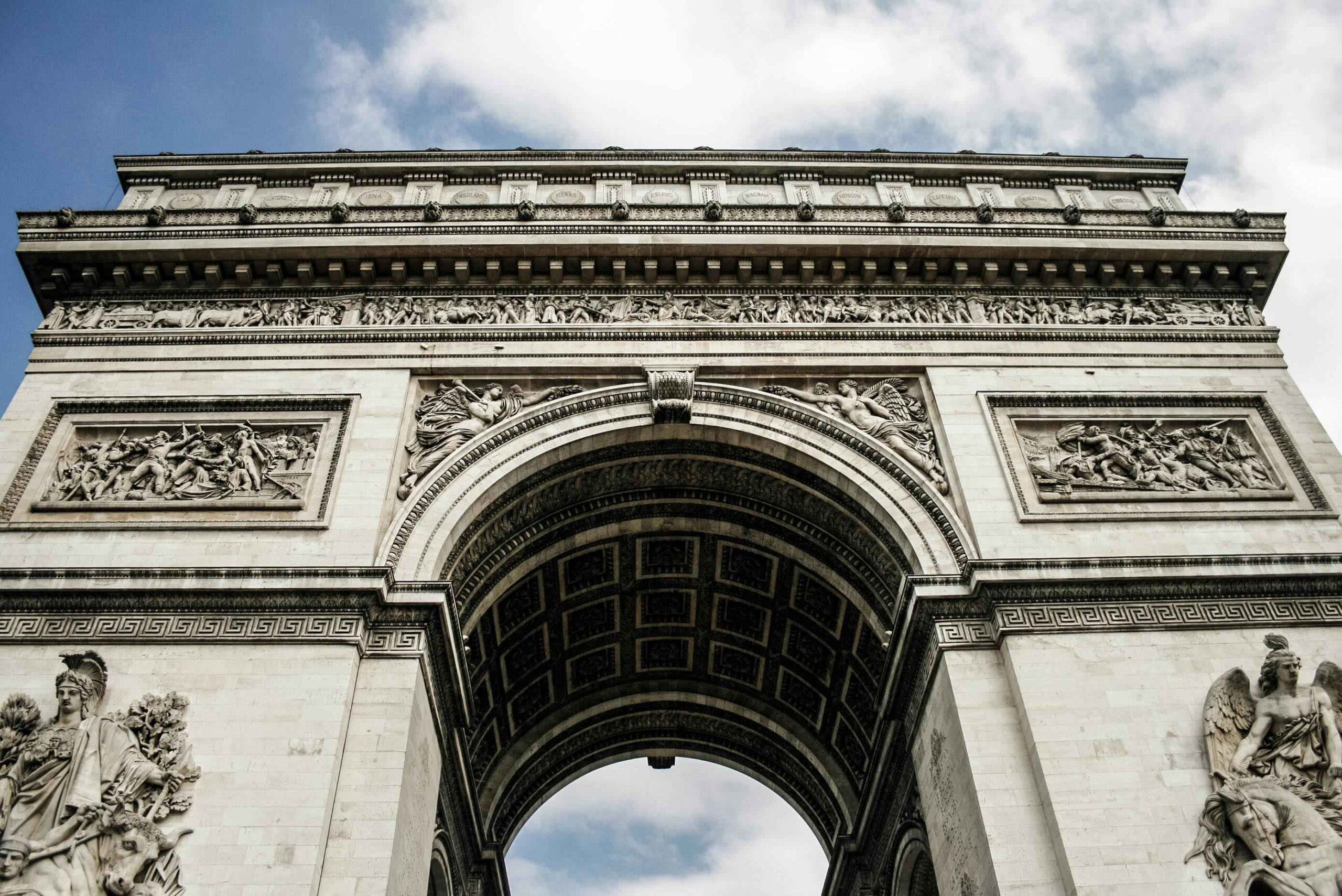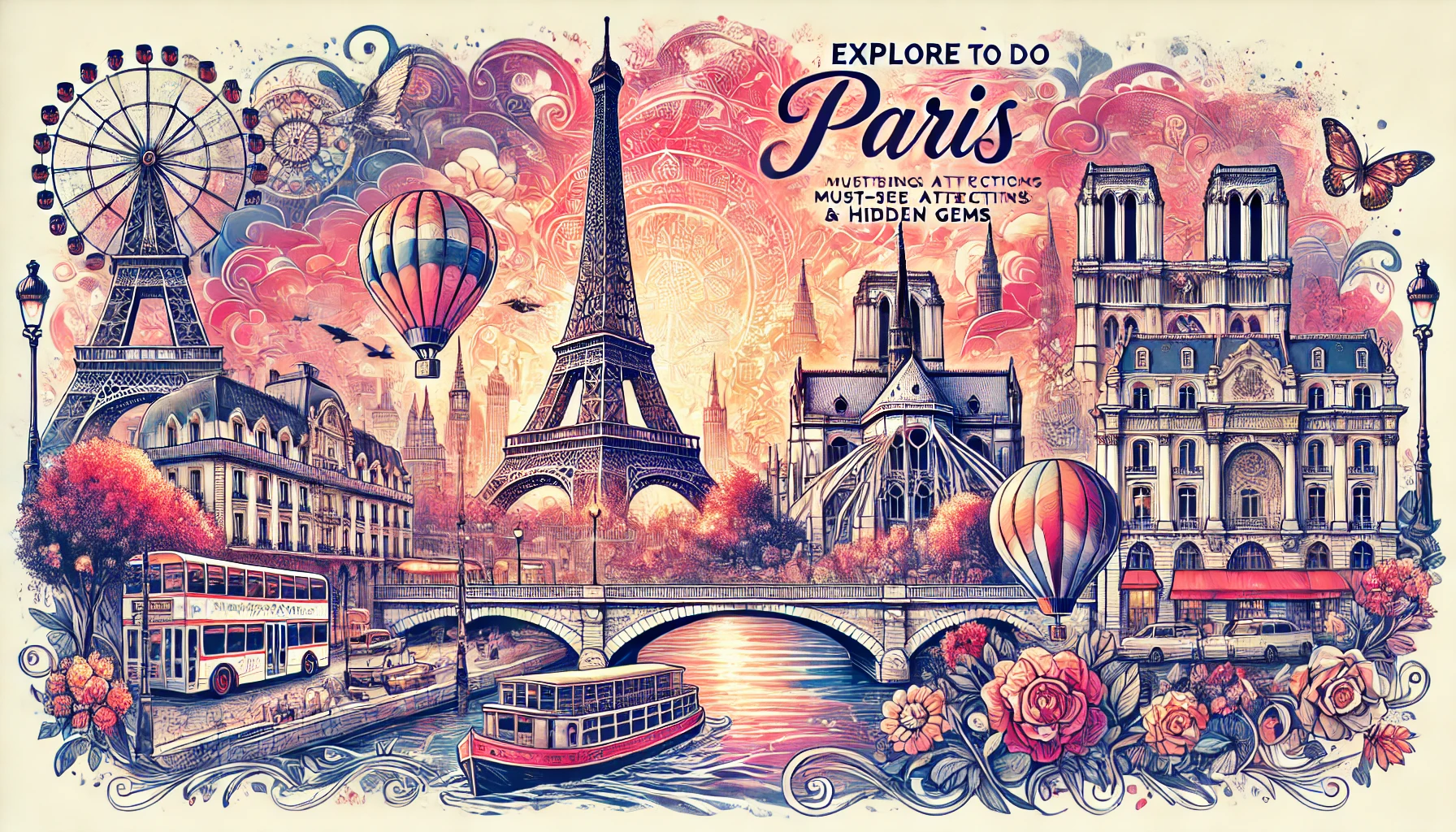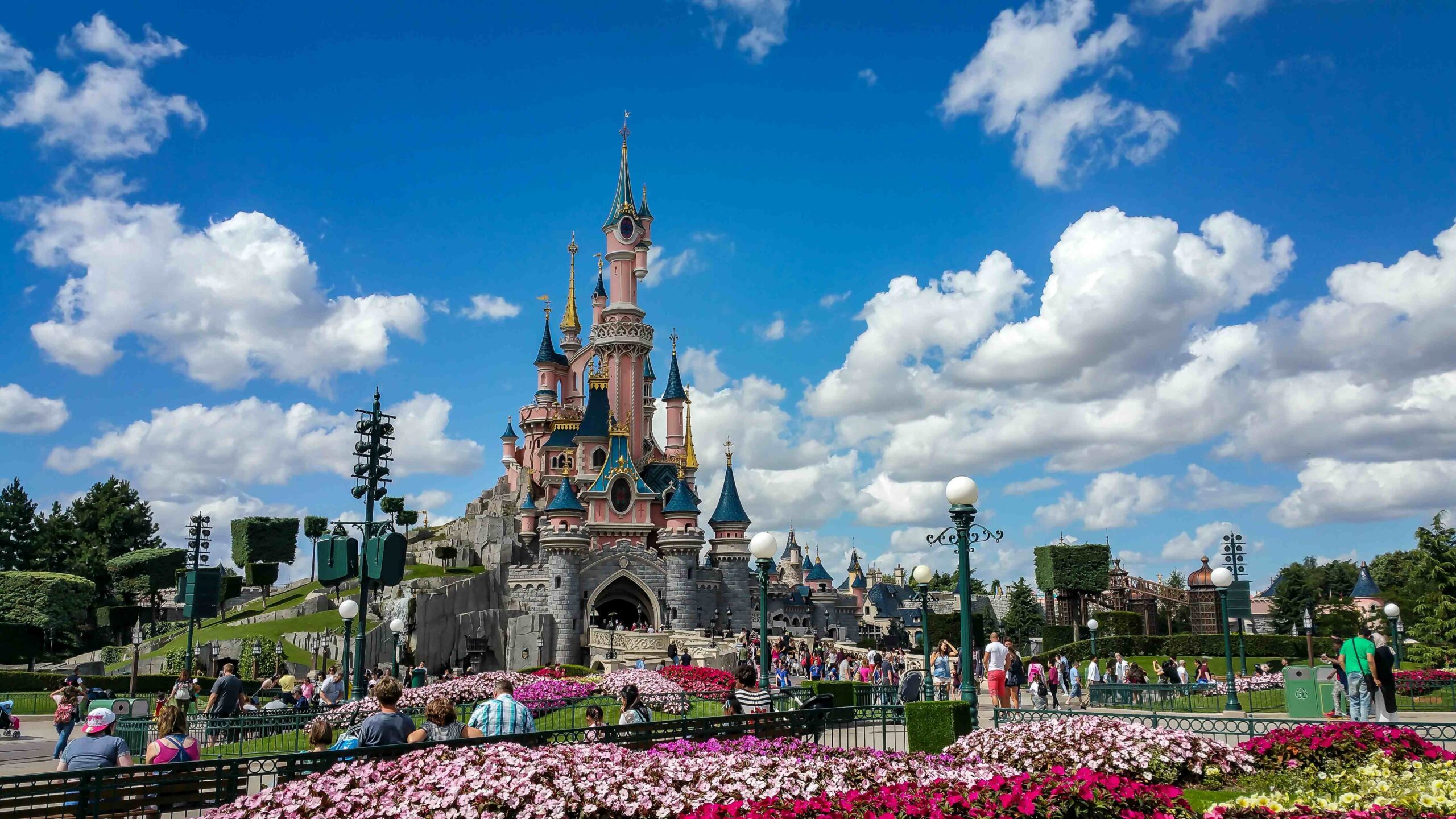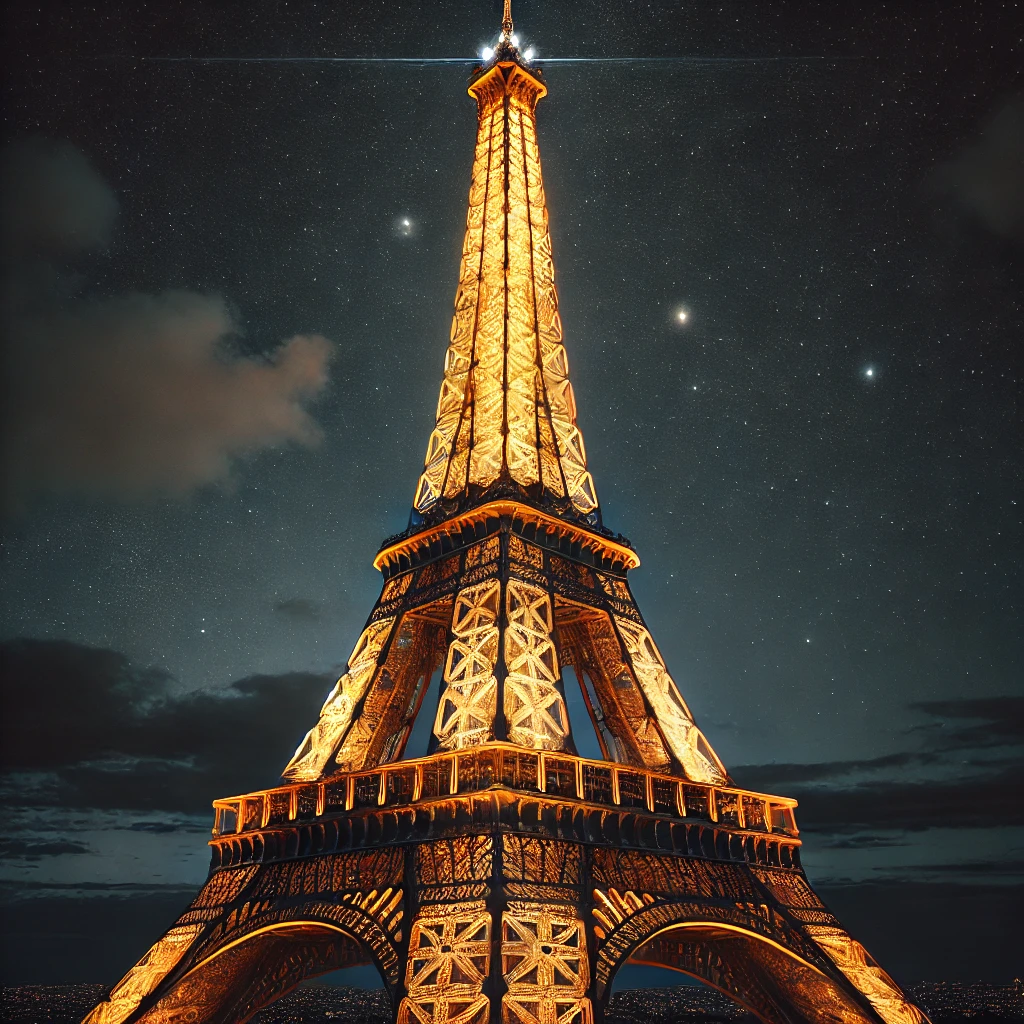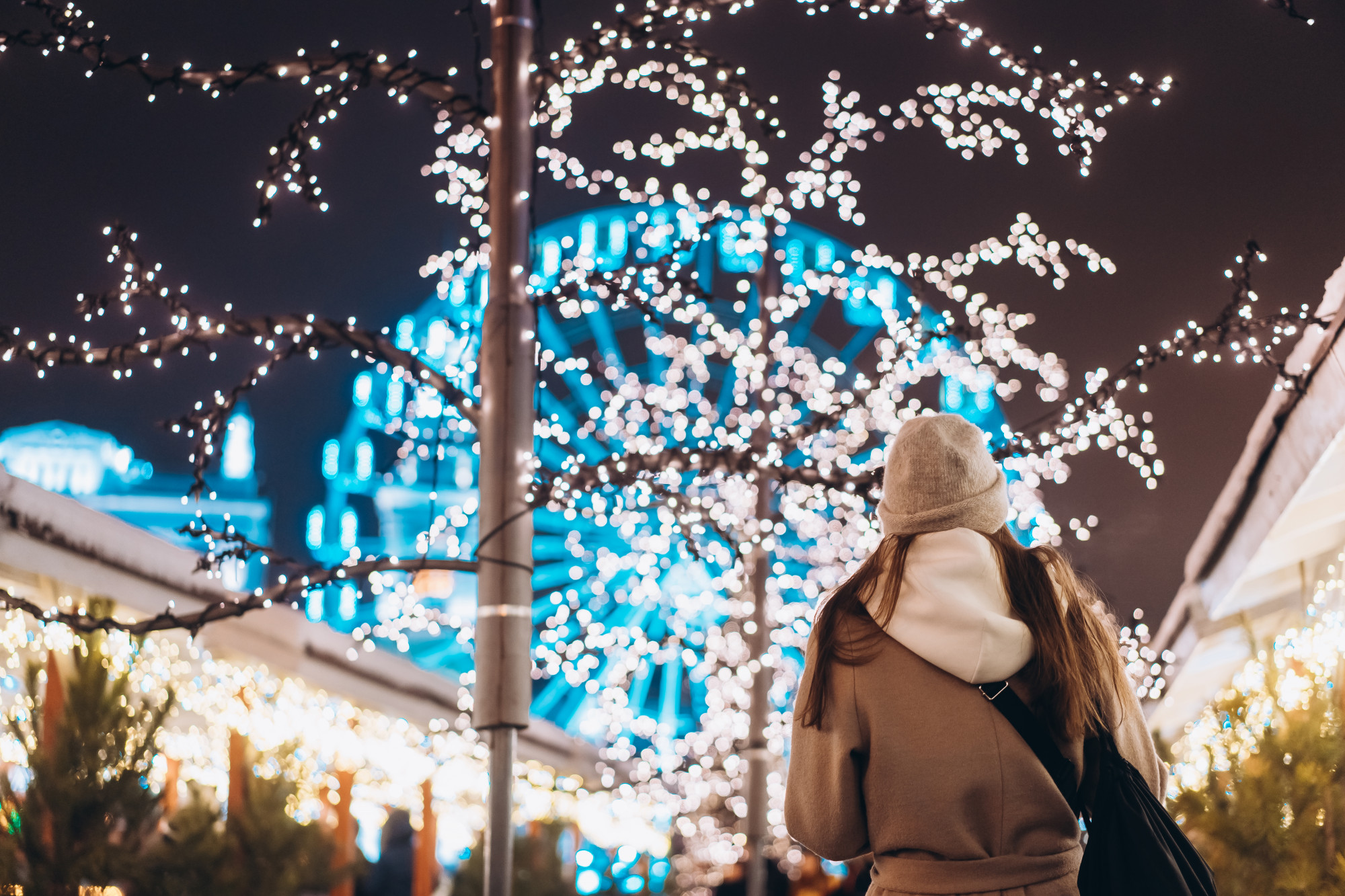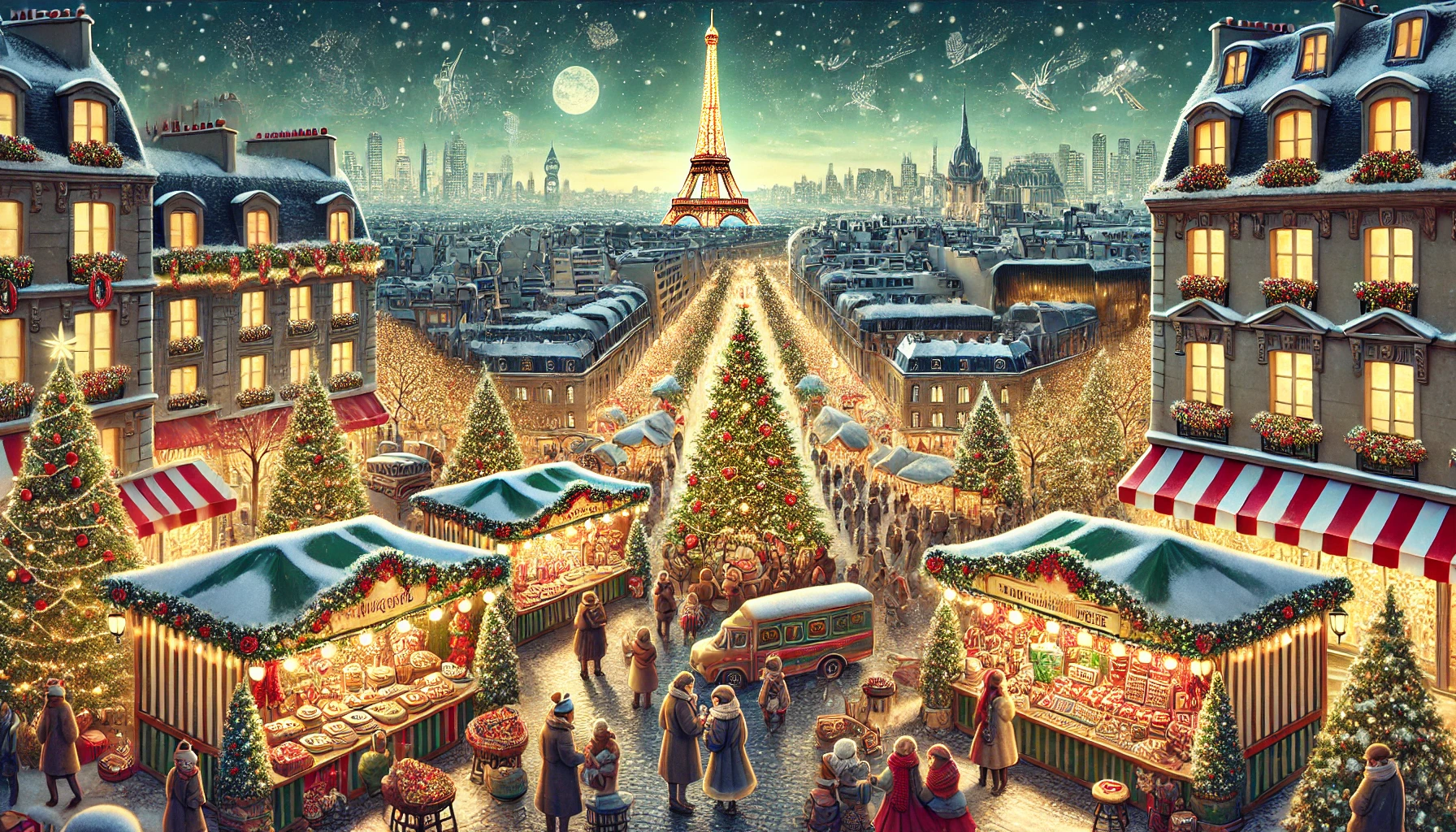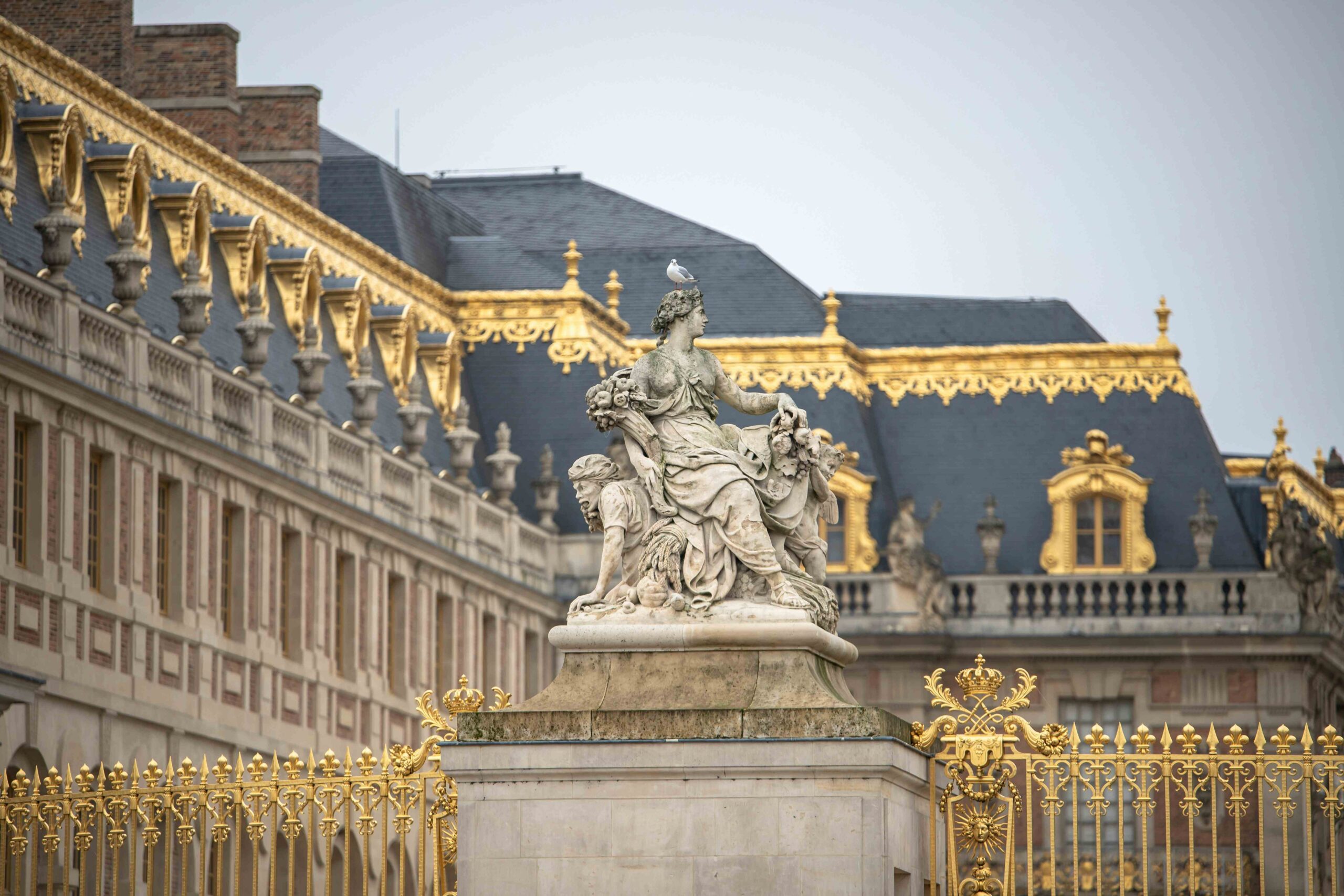
Versailles, located just 20 kilometers southwest of Paris, is one of the most famous day trips from Paris. The Palace of Versailles is one of the most iconic and historically significant landmarks in France. Known for its opulence, intricate architecture, and stunning gardens, the palace attracts millions of visitors every year. Whether you’re a history enthusiast, an architecture lover, or someone simply seeking a glimpse into France’s royal past, the Palace of Versailles offers an unforgettable experience. In this guide, we’ll explore its rich history, the must-see attractions, and essential tips for your visit.
How to Get to the Palace from Paris?
Visiting the Palace of Versailles is an unforgettable experience, but it’s important to plan your journey in advance. Here’s how you can easily get to the Palace from Paris:
- RER Line C: Take the RER Line C to Versailles Château – Rive Gauche, followed by a 10-minute walk to the Palace.
- SNCF Train from Gare Montparnasse: Take an SNCF train to Versailles Chantiers, then walk 20 minutes to the Palace.
- SNCF Train from Gare Saint Lazare: Take an SNCF train to Versailles Rive Droite, then walk 20 minutes to the Palace.
A visit to Versailles will give you a glimpse into France’s royal history and will make for a memorable addition to your France itinerary.
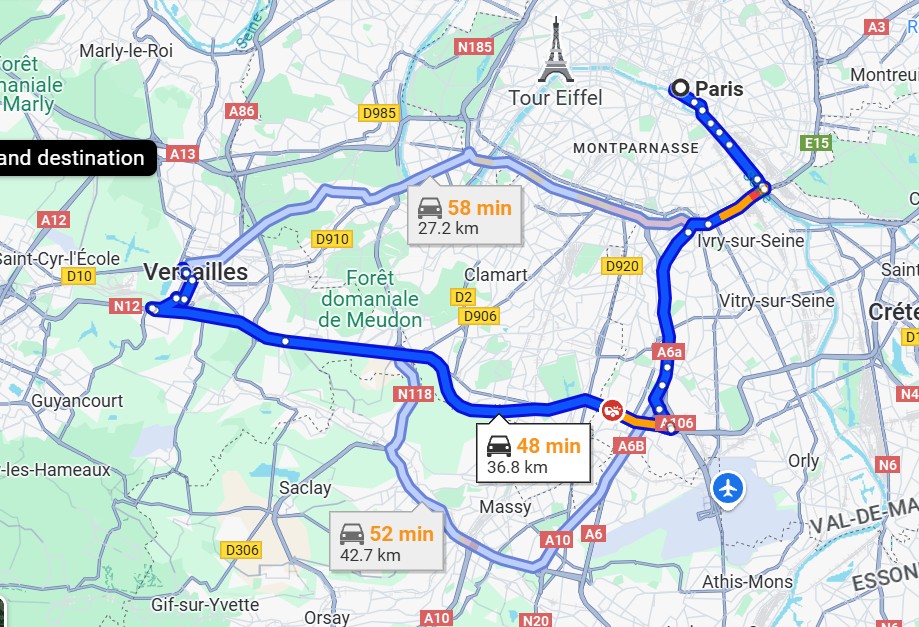
History of the Palace of Versailles
The Palace of Versailles began its life as a modest hunting lodge built by King Louis XIII in 1623. It was not until the reign of his son, Louis XIV, the “Sun King,” that the palace became the grand symbol of absolute monarchy that it is today. Louis XIV’s vision was to build a center of political power, a place that would project France’s strength and wealth to the rest of the world.
Louis XIV began expanding the lodge in 1661, and by 1682, the Palace of Versailles became the official royal residence. The palace underwent numerous renovations, with the addition of the famous Hall of Mirrors and Grand Apartments, which were designed to impress foreign dignitaries.
Versailles became the center of French political life until the French Revolution in 1789, when the monarchy was overthrown. The palace, once home to the grandeur of royal life, became a symbol of the excesses of the monarchy. During the Revolution, many of the palace’s treasures were looted, and it fell into disrepair.
Today, the Palace of Versailles stands as a UNESCO World Heritage site and a popular tourist destination. Its fascinating history and the stories of the kings and queens who lived there provide an enriching experience for visitors.
Must-See Attractions at the Palace of Versailles
The Palace of Versailles is filled with impressive rooms, gardens, and historic landmarks. From the intricate rooms of the palace to the expansive grounds, here are the top attractions you shouldn’t miss.
The Hall of Mirrors (Galerie des Glaces)
The Hall of Mirrors is undoubtedly the most famous room in the Palace of Versailles. Stretching over 73 meters, this grand hall features 357 mirrors reflecting the light streaming through the windows, which overlook the stunning gardens. It is here that the Treaty of Versailles was signed in 1919, officially ending World War I. The hall is a prime example of the opulence of French royalty during the reign of Louis XIV.
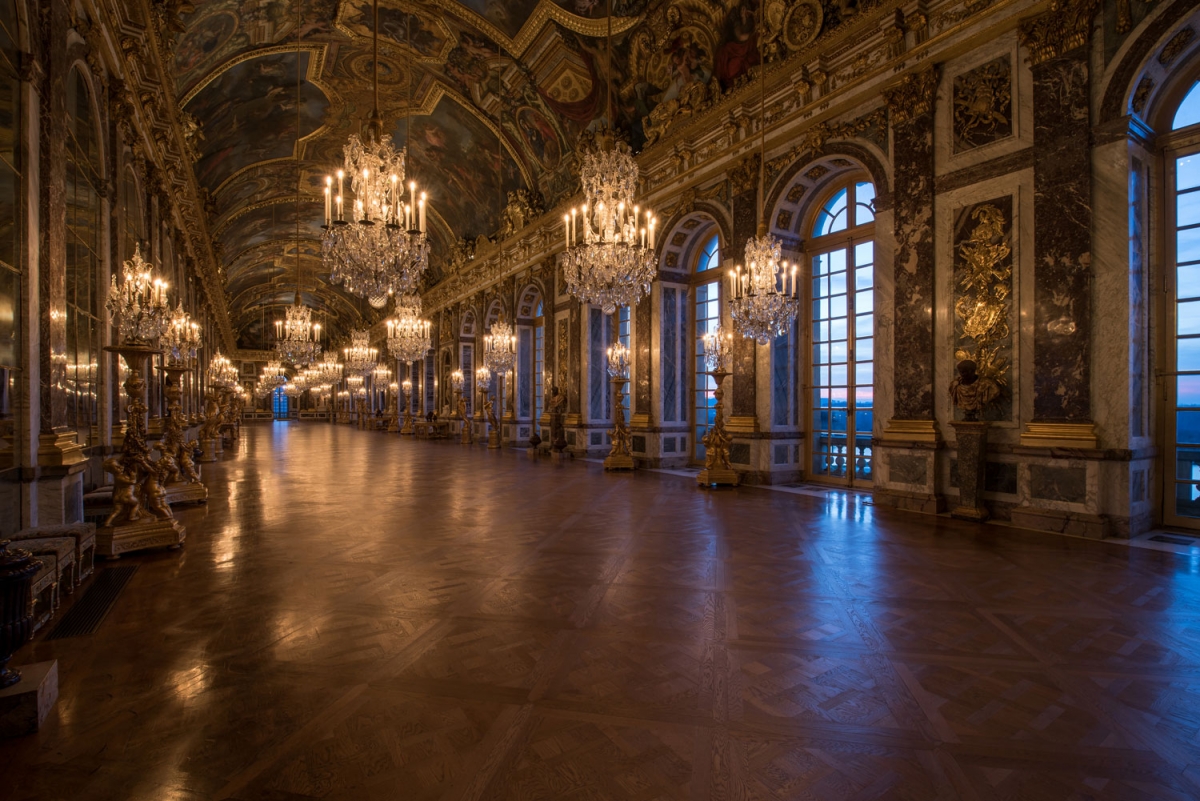
The Gardens of Versailles
The gardens of the Palace of Versailles are as legendary as the palace itself. Designed by the landscape architect André Le Nôtre, the gardens span over 800 hectares and feature meticulously manicured lawns, fountains, and sculptures. Highlights of the gardens include the Latona Fountain, the Grand Canal, and the Orangery, which houses over 1,000 citrus trees.
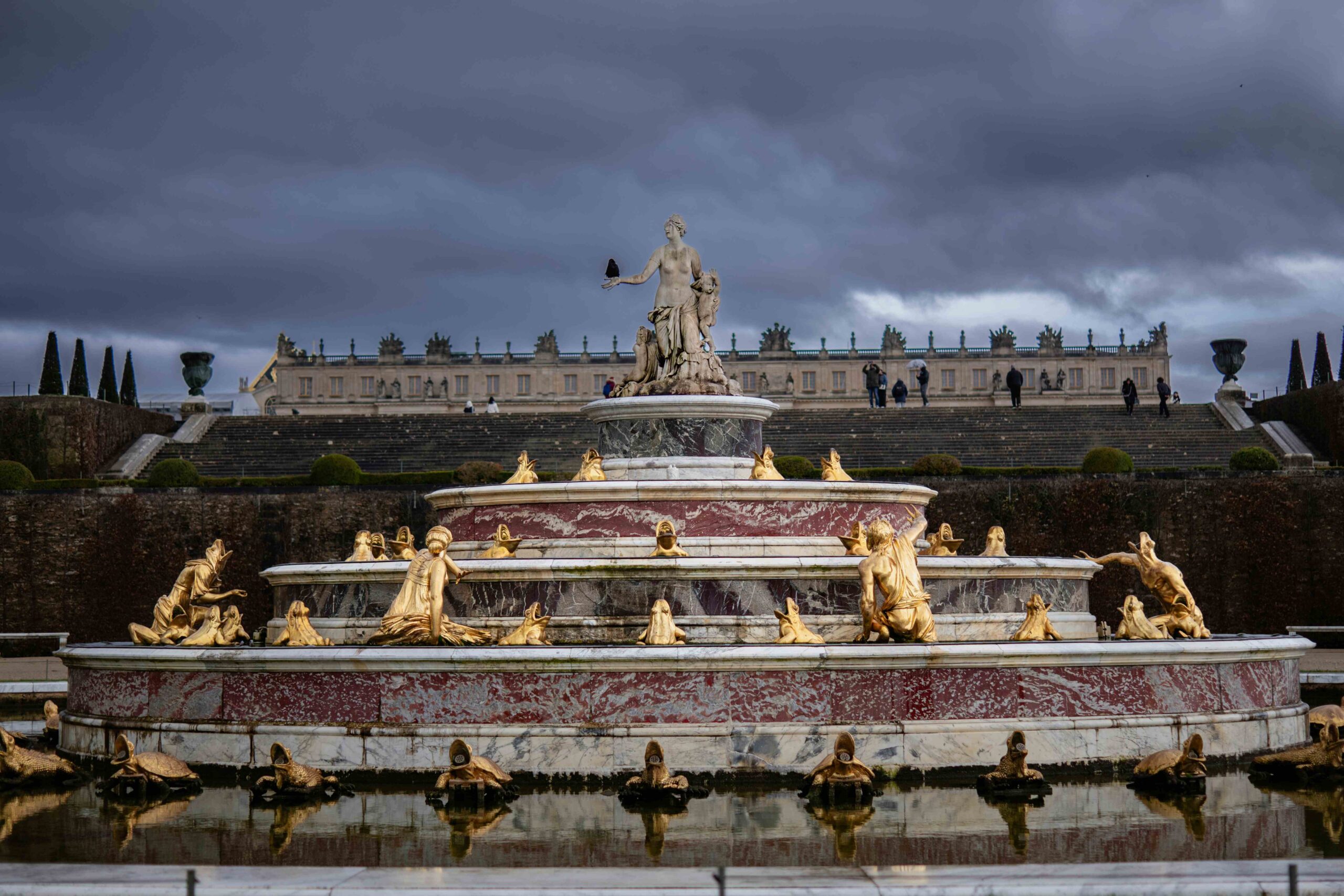
The Grand Apartments and King’s State Apartments
The Grand Apartments are a series of rooms used by the king and his family for daily living. They include the King’s Bedchamber, where important ceremonies such as the king’s daily awakening took place. The Queen’s Apartments, though smaller than the king’s, are equally lavish, showcasing the grandeur of Versailles.
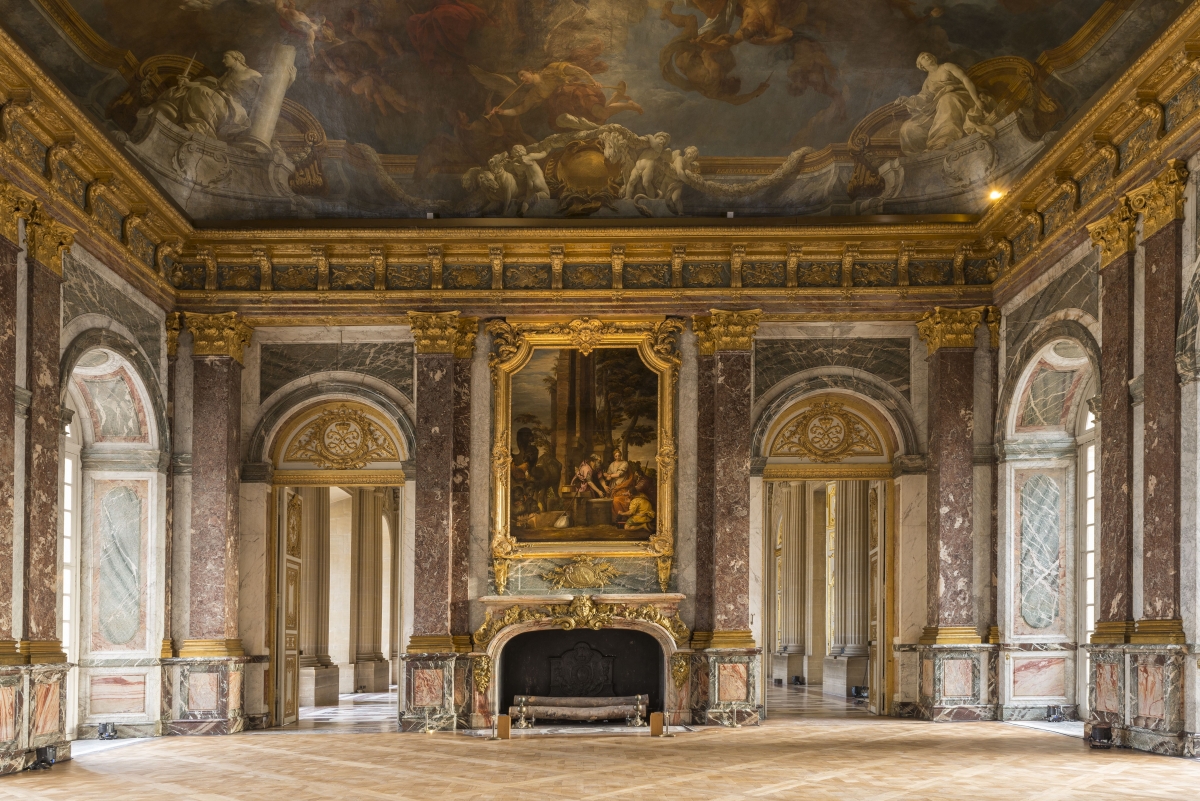
The King’s State Apartments, used for official events, are particularly notable for their elaborate décor. The rooms are decorated with gilded furniture, intricate tapestries, and magnificent chandeliers, illustrating the excess of the French monarchy.
The Trianon Palaces and Estate
The Grand Trianon and Petit Trianon are two smaller palaces located on the grounds of Versailles, offering a more intimate experience compared to the main palace. The Petit Trianon, in particular, is famous for its association with Marie Antoinette, who spent much of her time here to escape the formalities of court life. Visitors can explore the beautiful Marie Antoinette’s Hamlet, a rustic village created for the queen to play at rural life.
Guided Tours of the Palace of Versailles
One of the best ways to experience the Palace of Versailles is by taking a guided tour. While exploring on your own is an option, a guided tour provides a deeper understanding of the palace’s history, architecture, and the royal lives that unfolded within its walls. Here are a few popular guided tours:
Palace and Gardens Tour
This guided tour combines a visit to both the Palace of Versailles and its expansive gardens. You’ll get a closer look at the palace’s grand rooms and learn about the historical events that took place there. The tour then moves on to the gardens, where your guide will explain the design and significance of the various fountains and statues.
Private Tours
For a more personalized experience, consider booking a private guided tour. This option allows you to explore the palace at your own pace while receiving tailored commentary from an expert guide. Private tours often include skip-the-line tickets, allowing you to bypass the crowds and make the most of your time at Versailles.
Audio Guide Tours
For those who prefer to explore independently, the audio guide is an excellent option. Available in multiple languages, the audio guide provides detailed information about each section of the palace, offering a self-paced experience. Audio guides are available for both the palace and the gardens.
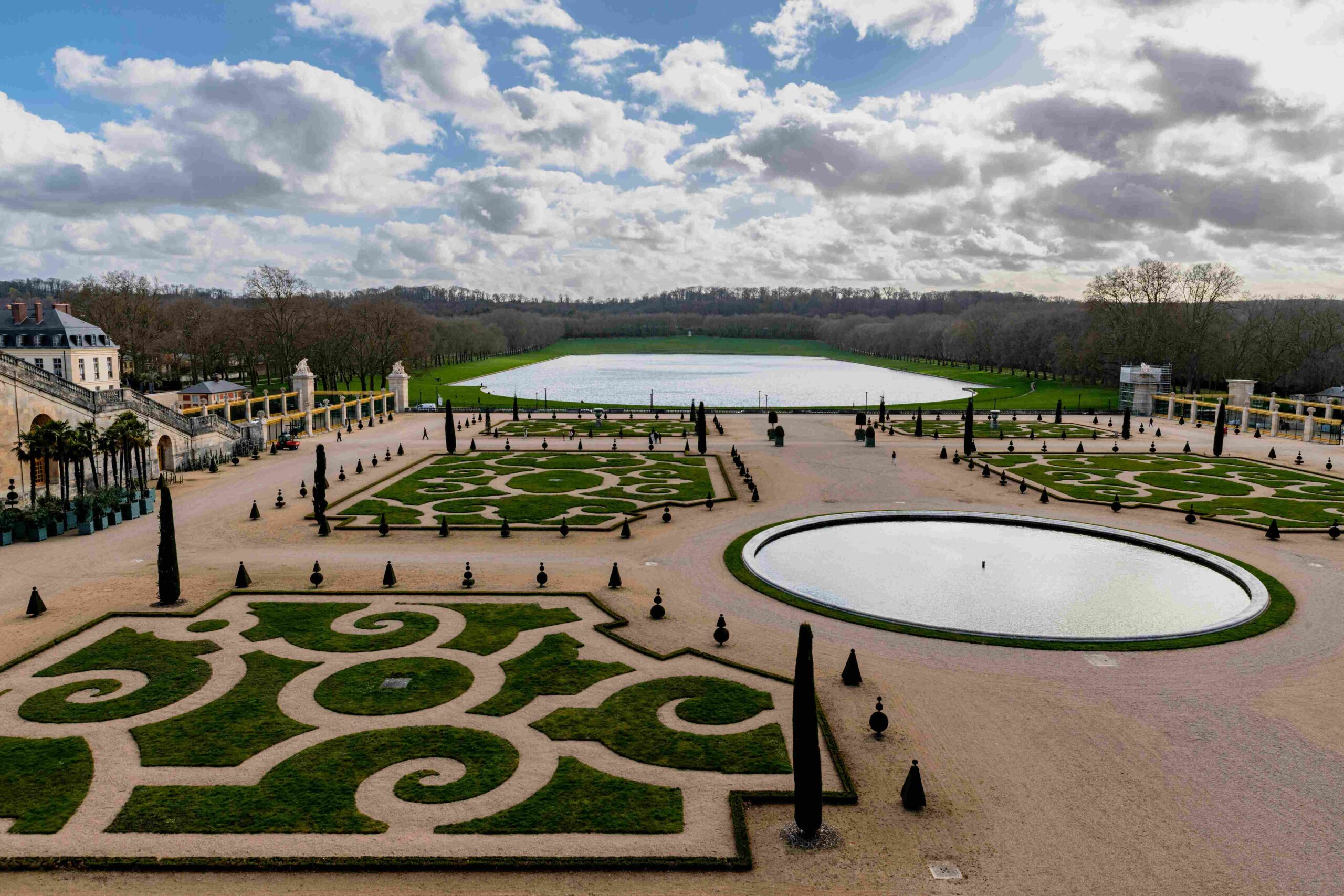
Best Time to Visit the Palace of Versailles
Choosing the right time to visit the Palace of Versailles can significantly impact your experience. Whether you’re interested in avoiding the crowds or experiencing the gardens at their best, here’s a breakdown of the best times to visit:
Spring (April to June)
Spring is one of the best times to visit Versailles, as the gardens begin to bloom and the weather is generally pleasant. The palace gardens are particularly stunning during this time, with flowers in full bloom, adding vibrant colors to the landscape. This is also before the summer crowds arrive, so you’ll be able to enjoy the palace without feeling overwhelmed.
Summer (July to August)
Summer is the peak tourist season, with the palace and gardens attracting large crowds. However, this is also the time when Versailles comes alive with events such as the Musical Fountain Shows and the Night Fountains Show. If you don’t mind the crowds, summer offers the full experience, with the added bonus of extended hours and special events.
Autumn (September to October)
Autumn is a great time to visit as the weather is still mild, and the crowds start to thin out after the summer season. The fall foliage in the gardens is a sight to behold, adding golden and red hues to the landscape. This is a good time to explore the palace at a more relaxed pace.
Winter (November to February)
Winter is the least crowded time to visit, and while the gardens may not be as lush, the palace is less crowded, allowing you to explore at your own pace. You can enjoy a quieter experience and visit the Palace of Versailles and its Hall of Mirrors without the long lines typical during peak season. The holiday season brings special events, including the Christmas Markets at the palace.
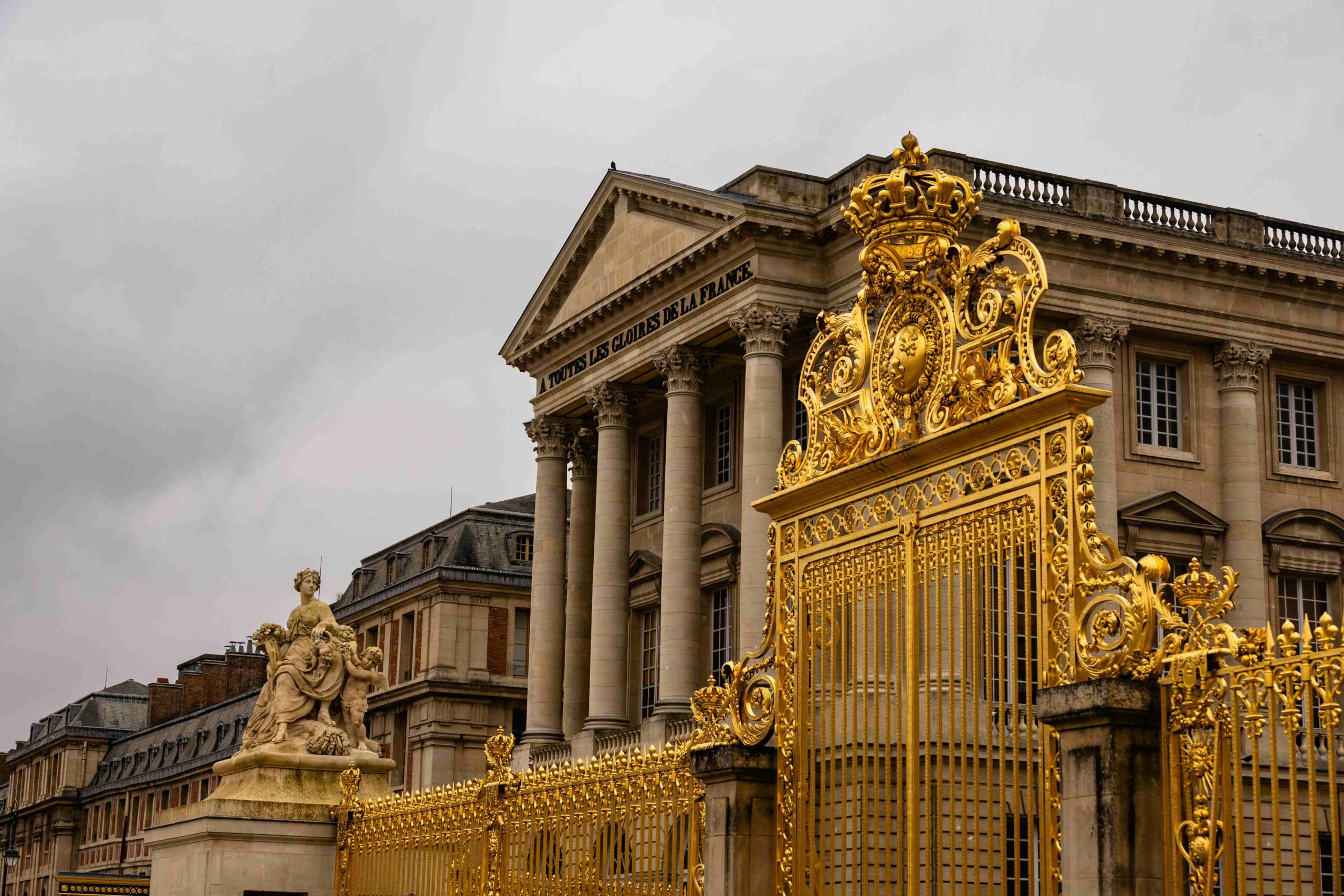
Tickets for the Palace of Versailles
When planning a trip to the Palace of Versailles, it’s important to know about the ticket options available. There are different tickets depending on the areas you wish to visit and the type of experience you’re looking for:
Palace Ticket
The basic ticket grants you access to the Palace of Versailles and the Gardens of Versailles. This ticket is ideal for first-time visitors who want to see the main attractions, including the Hall of Mirrors, the King’s and Queen’s Apartments, and the gardens.
Passport Ticket
The Passport Ticket provides full access to the Palace of Versailles, the Gardens, the Trianon Palaces, and the Estate of Marie Antoinette. This ticket is perfect for those who want to explore the entire Versailles estate.
Special Event Tickets
During the summer, special events such as the Musical Fountain Show or Night Fountains Show may require separate tickets. Be sure to check the event calendar before your visit if you’re interested in attending any of these spectacular performances.
Conclusion
The Palace of Versailles is a must-visit destination for anyone traveling to France. Its grandeur, historical significance, and breathtaking gardens make it one of the most iconic landmarks in Europe. Whether you’re interested in the rich history of the French monarchy, exploring the magnificent gardens, or simply enjoying a peaceful stroll through the grounds, Versailles offers something for everyone. With the right planning, your visit to the Palace of Versailles will be an unforgettable experience.

